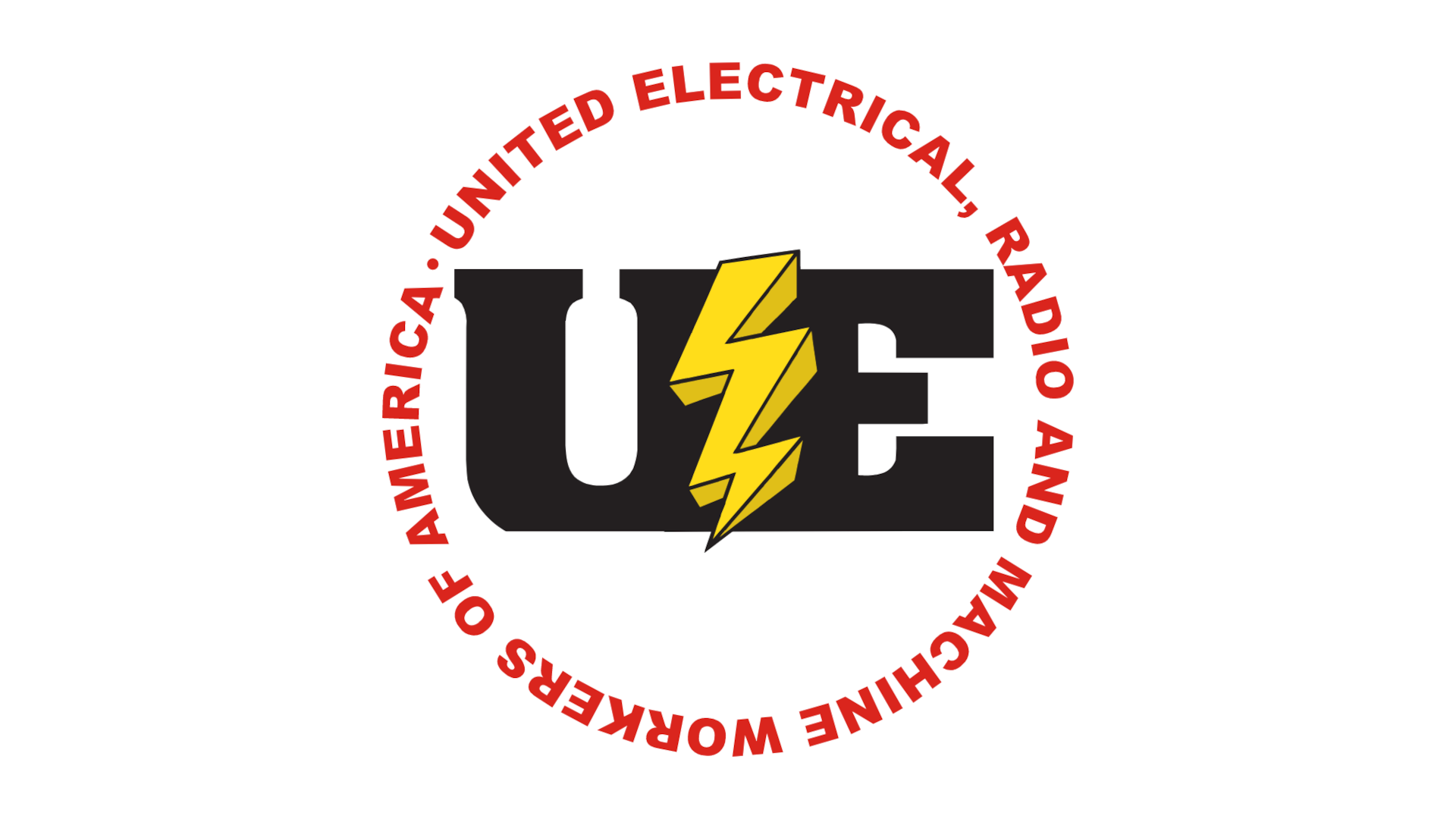From UE News | Photos Courtesy of ueunion.org | UE News Reuse Policy
On July 24, a Texas federal district court issued an injunction in a case brought by billionaire Elon Musk’s company Space Exploration Technologies Corp. (SpaceX) against the National Labor Relations Board. The injunction prohibits the NLRB from proceeding with a trial charging SpaceX with committing unfair labor practices. In a troubling decision, the court found that SpaceX was likely to win its case arguing, in essence, that the authority of NLRB Administrative Law Judges, and that of the five members of the NLRB, to whom ALJ decisions can be appealed, is unconstitutional.
In the immediate aftermath of the ruling, employers, including at least one UE employer, have simply been ignoring NLRB rulings — making it more difficult for unions to enforce the legal rights of the workers they represent.
The case hinges on the just cause protections from removal that the National Labor Relations Act grants to ALJs and members of the NLRB. These protections ensure that ALJs can only be removed “for good cause” and that NLRB members can only be removed “for neglect of duty or malfeasance in office.” SpaceX argued that these protections are a violation of Article II of the Constitution, which gives the President the right to remove officers of the federal government who wield substantial executive power.
In addition to the immediate chilling effect this injunction will have on NLRB proceedings, it sets up a Supreme Court case over the constitutionality of the NLRB — something that has been settled law since 1937. However, the current right-wing majority on the Supreme Court has clearly been willing to ignore long-settled precedent, as they did when they overturned Roe v. Wade in 2022, after that decision had stood for almost half a century.
Musk, who in the words of Nation columnist John Nichols “hates unions, with a white-hot passion that has rendered him delusional,” is clearly banking on a second Trump presidency to bring political pressure to bear on the NLRB to abandon the aggressive stance it has taken in enforcing workers’ rights in the last few years. (Musk endorsed Trump in July.)
As Nichols writes, “If Musk gets his way, this scheme to gut the National Labor Relations Act of 1935 could destabilize a wide range of federal enforcement agencies that administer laws regulating everything from workplace safety to environmental conditions.”
While it is impossible to predict exactly what the Supreme Court will do when the SpaceX case reaches their docket, if they remove the protections that ALJs currently have, the actions of the NLRB will become even more subject to influence from the President — making the upcoming Presidential election all that more critical to protecting workers’ rights.

